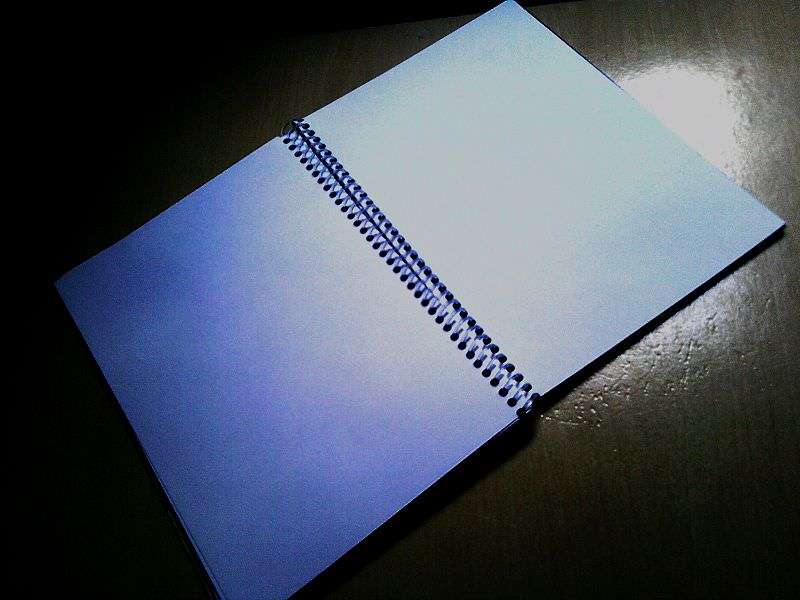U.K. Bill Would Allow Secret Courts to Confiscate Journalists' Notebooks

Even in the digital age, the U.K. isn't giving up on good ol' notebook confiscation. A proposed bill contains a provision that would allow authorities to ditch transparency and demand journalists' notebooks through secret courts. Monday, ministers decided to engage in further consultation on this provision of the bill before sending it to committee.
Currently, requests for journalists' notebooks, hard drives, and other physical possessions must be made in a public, open court. But Clause 47 would permit officials to request them through secret channels.
The Newspaper Society, an organization that watches over Britain's local media, told the Guardian:
The deregulation bill's provisions could enable the current statutory safeguards to be removed completely, reduced, weakened or otherwise radically altered at any later time, without prior consultation of the media affected nor detailed parliamentary scrutiny of the effect.
On the other hand, a Cabinet Office spokesperson told the Guardian, "Every measure in the deregulation bill is intended to remove unnecessary bureaucracy." Unless by 'bureaucracy' they mean transparent courts, that doesn't seem to be the case here.
Some argue that the protect-us-from-journalists mentality stems from the British News International phone hacking scandal. After widespread, shameless phone tapping of celebrities, politicians, the victims of bombs, etc. surfaced in 2011, the judicial Leveson Inquiry was tasked with advising about future precautions against journalists. According to Politics:
The report on media regulation said steps needed to be taken to ease the process by which authorities can get their hands on reporter's books and files.
Phone tapping was already an illegal practice. But the Leveson Inquiry recommended developing an independent agency responsible for regulating the media.
Negative media attention has led politicians to, maybe, reconsider. After a second reading of the bill on Monday, Minister Oliver Letwin said to the Commons, "It would make sense to do some further consultation in case there's anyone out there who's got views who's not come forward."
